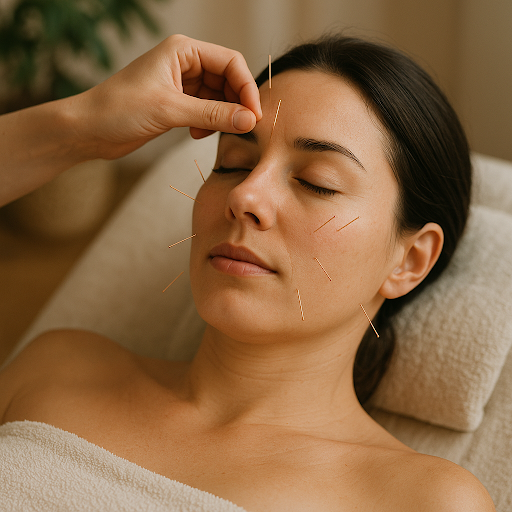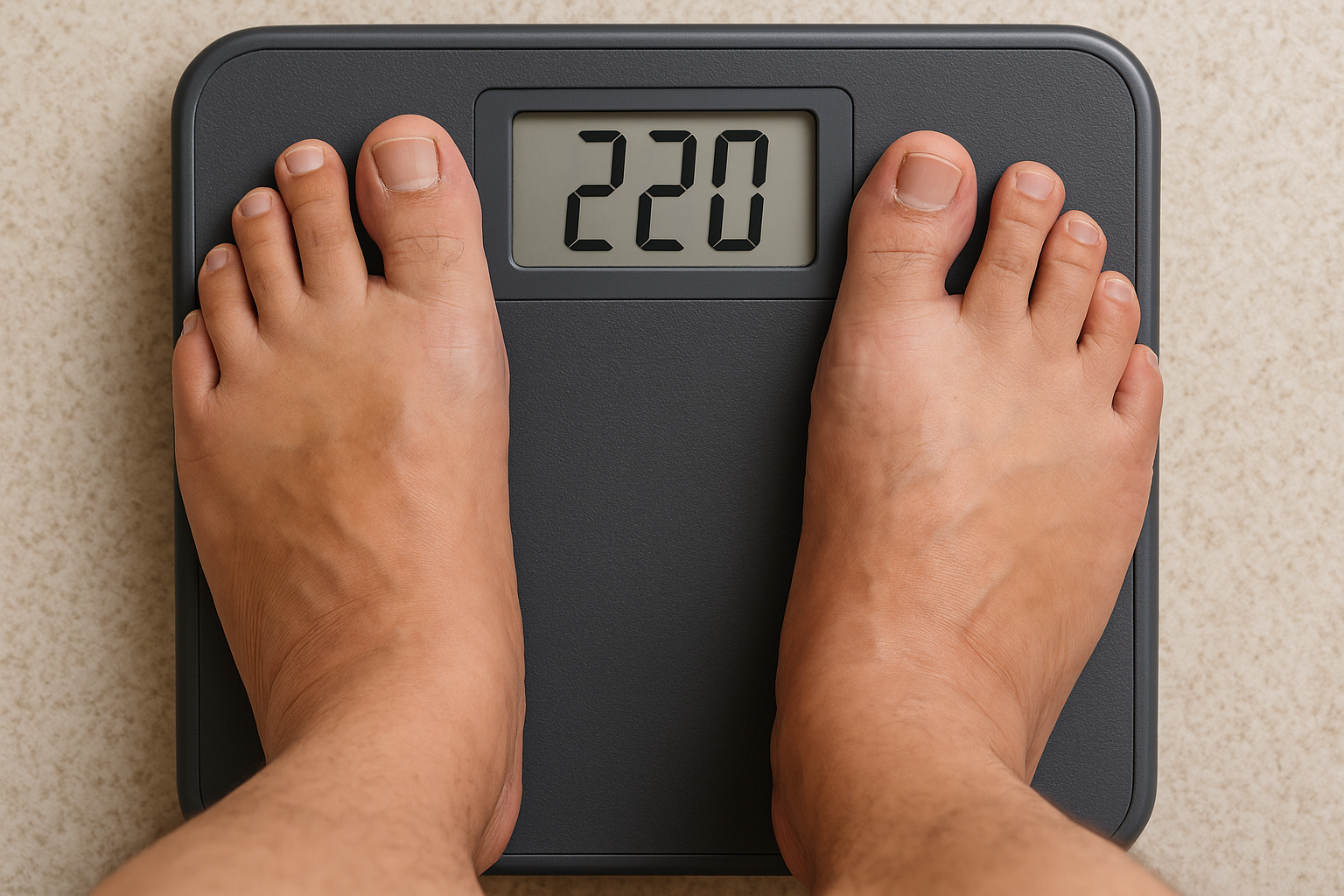
Western medicine views allergies as a hypersensitivity to an allergen; a reaction that occurs when antibodies interact with airborne particles. Millions suffer from the side effects of this reaction – sneezing, runny nose, headaches and fatigue. With Fall right around the corner, many patients begin feeling symptoms and turning to antihistamines. Piles of dry leaves from the abounding oak and sycamore trees can churn up some violent and uncomfortable conditions. Acupuncture can treat allergies and in some cases, provide immediate relief from symptoms.
So what does a sweet tooth have to do with allergies? In Chinese medicine, acupuncture focuses heavily on rebalancing organ function – but keep in mind that organ systems are defined in a different manner than in Western medicine. The spleen, stomach and large intestine are all factors in understanding the body’s reactions. Particularly, the spleen has to do with digestion (rather than the Western definition of the spleen). It is said to regulate dampness in the body. Treating dampness means treating stationary and heavy obstructions – namely, phlegm. Too many sweets can damage the spleen, throwing the of the balance of that organ system. This results in increased dampness and increase/aggravation of allergy symptoms.
Sweets can lead to many other signs of an unbalanced spleen such as: poor appetite, bloating after meals, loose stool, pale and swollen tongue, bruising easily, fatigue, heaviness in limbs, tiredness after eating.
Overall, acupuncture seeks to provide balance to organ systems that are out of balance – it is the imbalance that causes the pain, illness or disease. With allergies, we often recommend supplementing acupuncture treatment with supplements and diet changes. Between artificial sweeteners in coffee, to high fructose corn syrup, the spleen is constantly at risk with a typical American diet

